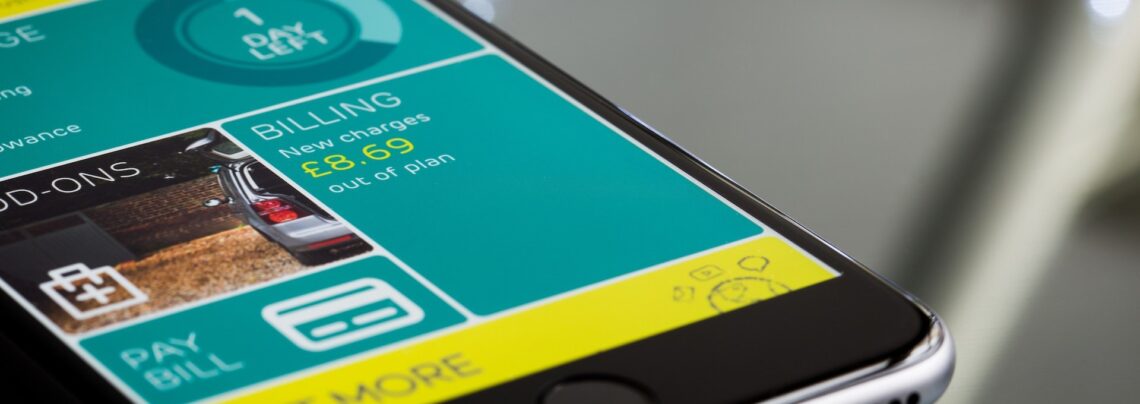
Does your hotel need an app?
For most hotels, the answer is still “No". It's time to skip, move on, and browse away!
However, if you're interested in how guest behavior has changed as a result of the pandemic, what hotel apps can do these days, whether they can drive revenue, and whether they're a good fit for your property, keep reading.
Let us begin with the guest behavioral changes hastened by the pandemic.
- They can use an app to order food from the comfort of their own homes.
- Shopping apps allow users to order almost any product and have it delivered to their home.
- They have access to any type of entertainment on demand.
- Most apps learn about the user and make personalized recommendations.
- They receive immediate responses to their questions from their friends, as well as from Google, Alexa, and Siri.
- They can use their phones to view and pay their bills.
Now, think about what your hotel guests need to do to use these services. How long before they believe they've traveled back in time?
Hotel apps are already being tested by global brands and larger regional chains. All OTAs have apps, and they generate more business than they do on the desktop.
In 2021, one provider's clients earned an average of $130 USD per occupied room per month in room service and other ancillaries. This is in addition to the revenue the app makes from pre-arrival services and room reservations. This figure was 2,800 THB per occupied room per month in Thailand. The additional revenue generated is a small fraction of the cost of running the app. In 2022, all of these figures are up.
The good news is that hoteliers do not need to hire a software development firm to create an app from the ground up. There are already providers who provide dedicated, customized apps as a turn-key service.
The bad news is that launching and running a hotel app requires a number of conditions to be met.
So, how should hotels decide whether or not to have an app?
Let's start with the fundamentals.
What functions can an app perform?
- Provide property information/ visuals
- Booking
- Pre-check in requests
- Chat with property and manage multiple other chat apps under one platform.
- Upload check in documents/IDs
- Self check in
- Keyless room entry
- Room service ordering
- Room request
- Restaurant menus and ordering
- Self check out.
- Live feedback
- Surveys - in-stay and post-stay
- Points/ redemptions
- Concierge service
- Buy add-ons or extras
- External services—sightseeing, excursions, shows, events
- Digital directory
- Room controls: light, AC, TV, curtains, ambience
- View folio/ billing
- Inter-staff communication
- Request management
- Operational procedures/escalation mechanism
- Engineering maintenance scheduling reminder
- AR (augmented reality)
- Beacons
The feature set will differ from one provider to the next. Also, depending on your needs, features should be able to be turned on or off.
Many of these app vendors also serve multiple brands and properties. This not only lowers your barrier to entry, but it also benefits from product enhancements as a result of requests from a large client base.
Here are the main factors to consider when deciding whether or not to have your hotel app.
- Size of loyalty base or repeat guests (15-30% is recommended)
- Millennials, Generation Z, and Generation X vs. the rest
- To encourage downloads and usage, changes must be made at all possible touch points.
- Your team’s capacity and capability on a long-term commitment to the adoption of new technology and processes
- Will the revenue potential offset the app's cost?
- There should be three to five compelling reasons for visitors to use the app.
- Your competitor, who may be part of a chain, may already have an app.
- Budget and marketing strategy for the app
- The vendor's stability and installed base
- The vendor's customer success and support practices
- The vendor's product enhancement roadmap
- Capability to serve those who do not have a smartphone or the app.
It is basically a push and pull between your guests' expectations and habits and your ability to run your hotel app profitably.
How can the app be successful?
- If you commit to this as a long-term ongoing project (not a one-off implementation),
- If everyone on the team participates,
- By increasing downloads and usage by visitors and team members.
- Appointing an app champion allows for continuous analysis and tweaking.
- By marketing it through as many channels as possible, such as the web, emails, front office, in-room, advertising, and so on.
- By concentrating on specific objectives such as revenue, usage, and guest satisfaction.
- Not abandoning those who do not have your app or smartphone.
We may still be a few years away from this becoming a standard part of guest expectations and services. If you're old enough, you may remember when hotel websites and Wi-Fi were nice to have.
The pressure to have one will be enormous in the coming months and years due to FOMO. I've seen companies that sell other systems and technologies also offer a free hotel app now. As appealing as they may be, some of them are rather basic and may end up doing more harm than good.
You can get a head start if you are an early adopter or are willing to take some risks. The revenue and guest satisfaction benefits are numerous if you can commit to making your hotel app a success.
I hope that the information above has helped you understand what it takes to make an app strategy work. So, carefully consider your options and proceed only if you are ready.





